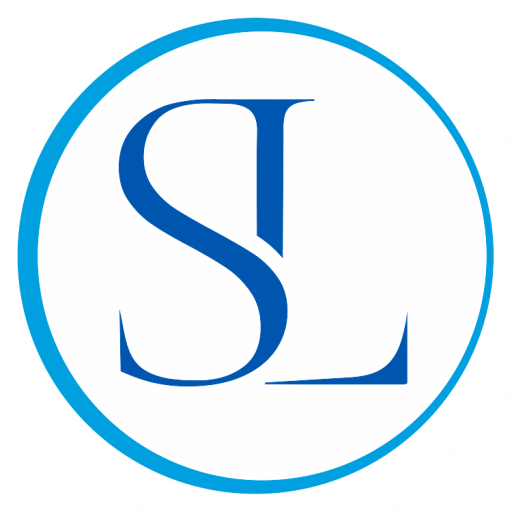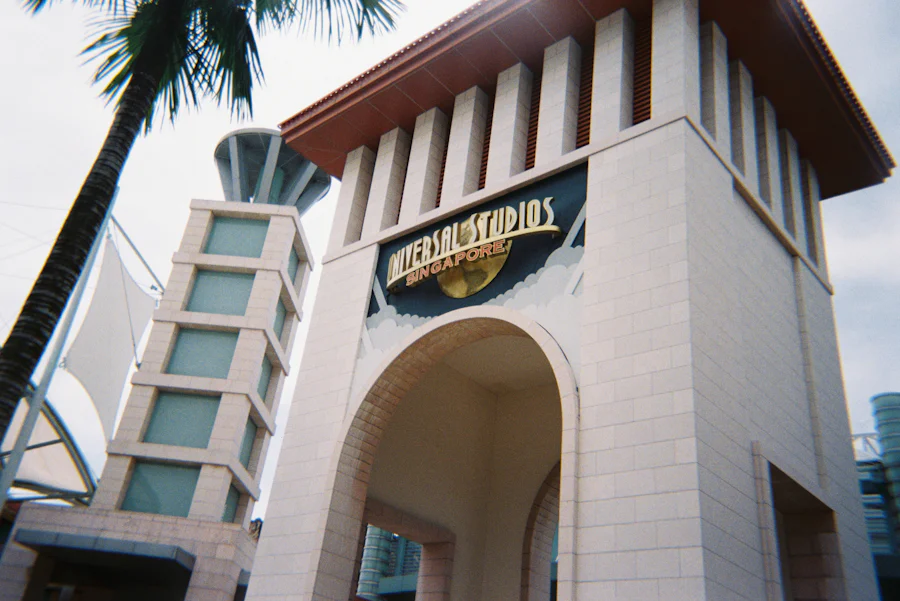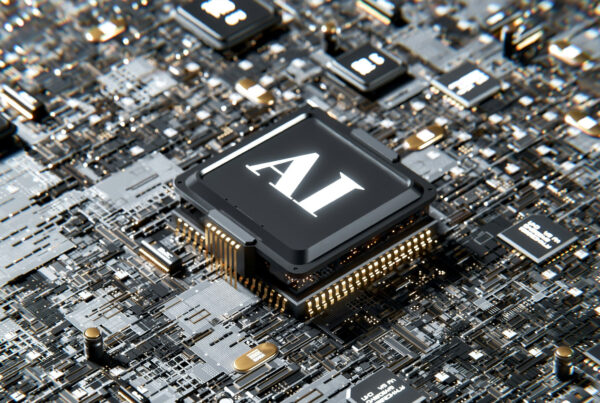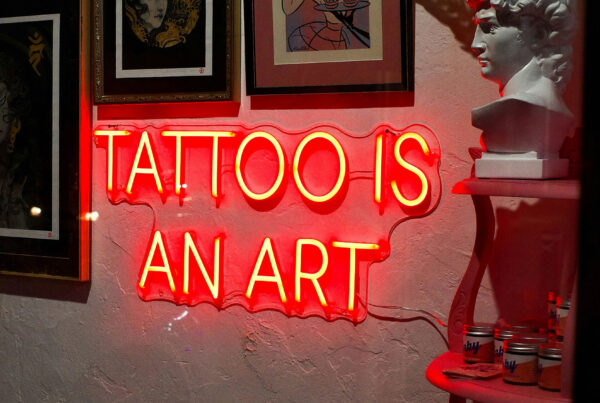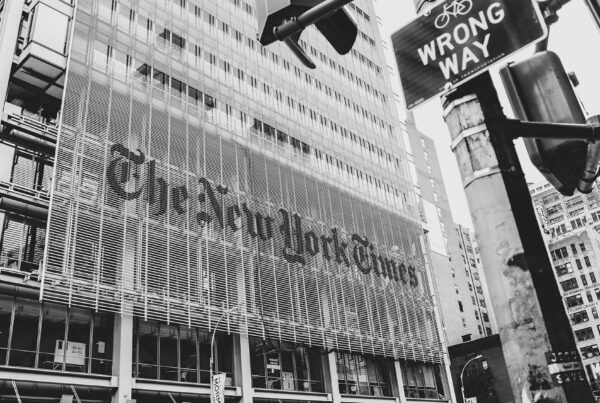Will Studios Enter into the AI Infringement Battle?
One of the key negotiating points in last year’s SAG-AFTRA and WGA strikes centered on the use of Artificial Intelligence (AI) in film and television production. Though significant progress was made for writers and performers, the industry may not yet be out of the woods. Indeed, a sizeable threat looms for the studios themselves.
A study released earlier this year by AI researcher Gary Marcus and concept artist Reid Southen found that AI image generators are growing more capable of returning almost exact replicas of frames from films. For example, with the prompt “Thanos Infinity War”, Midjourney – a generative AI program that can convert natural language prompts into images – returned an image of the Marvel villain in a scene so similar to one from the blockbuster film that a reasonable person might not know it was not from the actual film itself. Similar results were retrieved with prompts related to Top Gun: Maverick, Shrek, and The Lego Movie. Not only does this raise concerns for studios and filmmakers about the potential for AI tools to pull audiences away from traditional films, but it also raises questions about whether films were used to train the AI image generators without permission from the copyright holders.
Many legal experts believe the strikingly similar outputs suggest that the films, or at least parts of them, their trailers, or their promotional stills, were used to train the AI models. If so, the studios might have a compelling case for copyright infringement. However, in order to bring a copyright infringement claim, the party alleging infringement must be able to show evidence of copying (in this case, that the films were copied to make the data sets to train the AI). Unfortunately, the data sets used to train the various generative AI platforms are a closely guarded secret (likely for this very reason). The inability to unlock this mystery has been the demise of several AI-related copyright infringement cases thus far (though some, such as the New York Times case against OpenAI may be close to overcoming that hurdle (see The New York Times Challenges OpenAI And Microsoft Over The Use Of Its Content To Train AI ChatBots).
So, what are studios to do? Some studios hope that a licensing arrangement can be reached with the various AI companies, but unless the studios are able to put together a convincing claim for copyright infringement, they may not have the leverage to get AI companies to the bargaining table. Until that time, self-regulation from AI companies may provide a temporary remedy. For instance, some AI companies have already taken proactive steps to try and limit potentially infringing uses of their platforms. Midjourney, the AI platform mentioned earlier, revised its terms of use in December 2023 to prohibit using its programs to infringe the intellectual property rights of others and even went so far as to say that it would sue users who “knowingly” infringe on the intellectual property rights of others. Though this self-monitoring is a helpful step, studios run a serious risk leaving the enforcement of their intellectual property rights to the platforms themselves. For now, it seems like the studios are waiting for a clear option to appear, but they may be losing ground as time passes.

